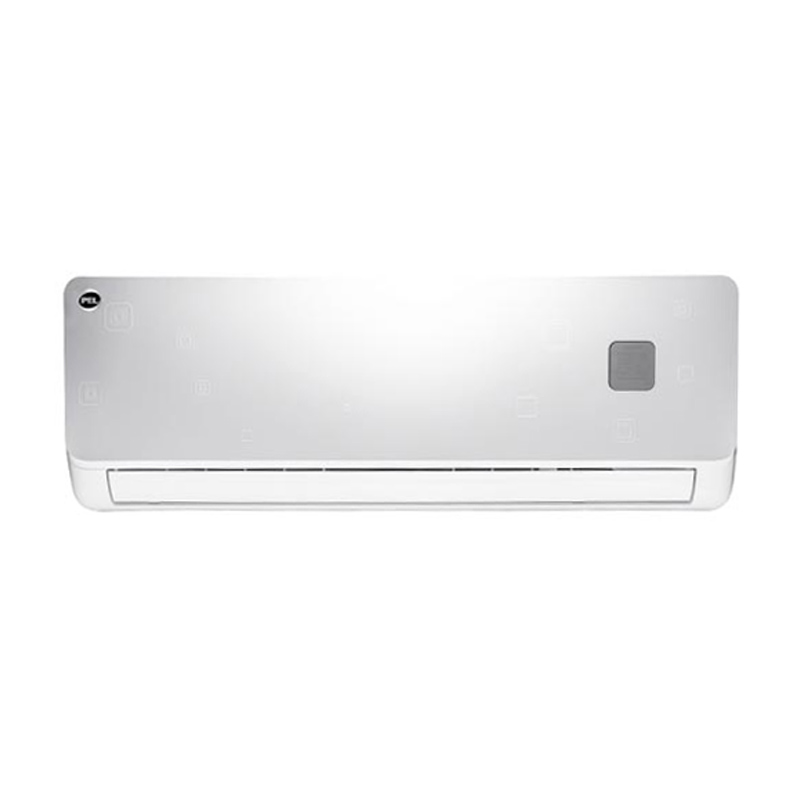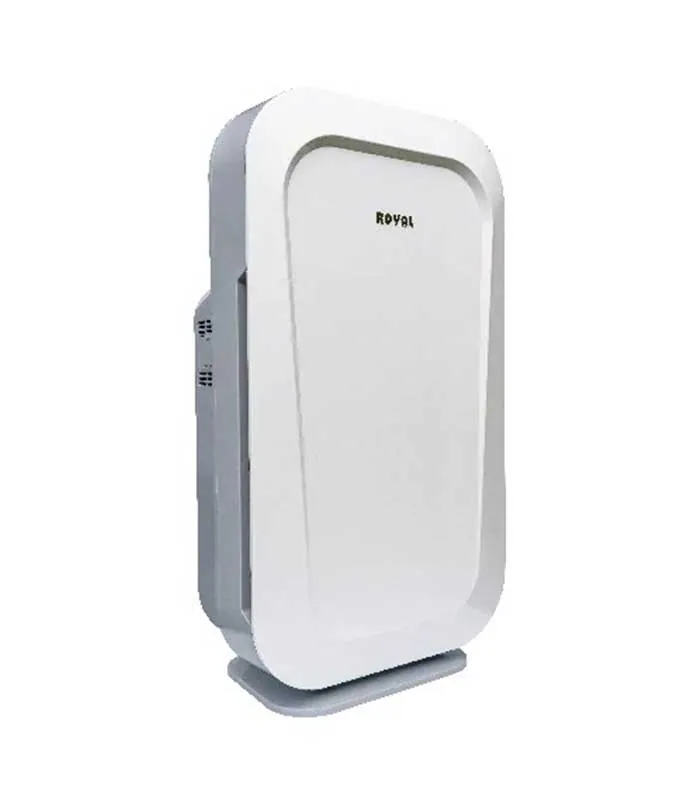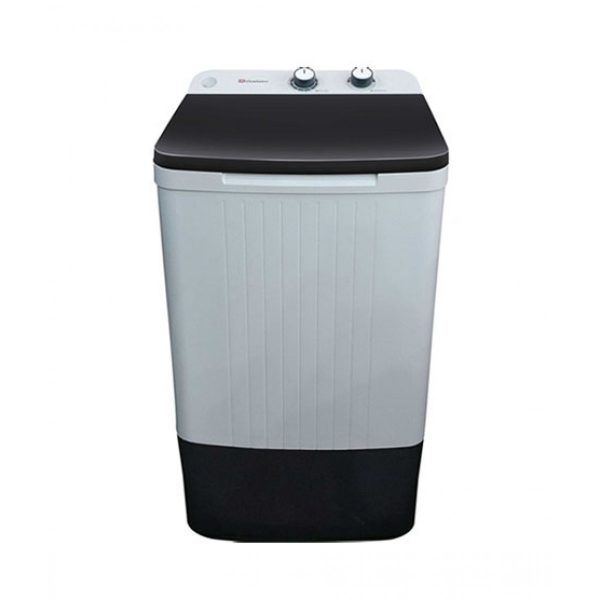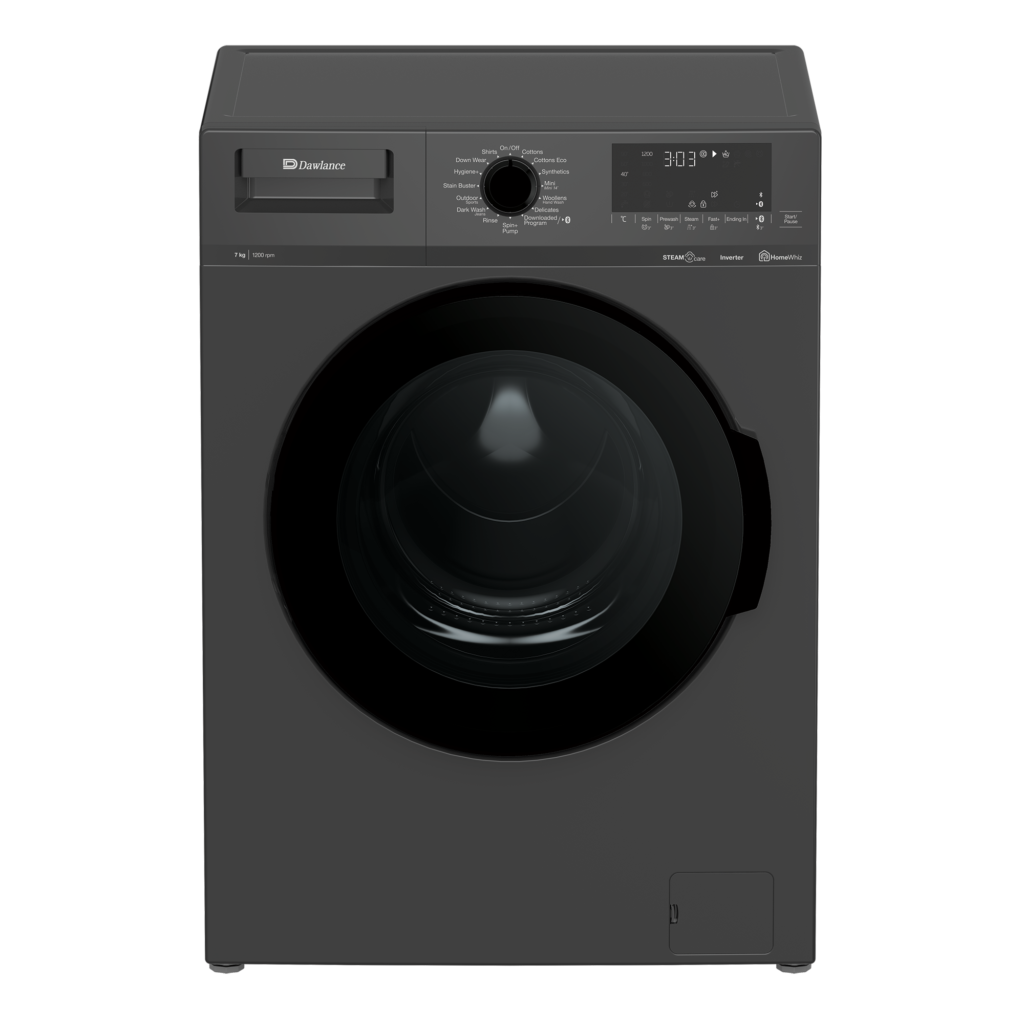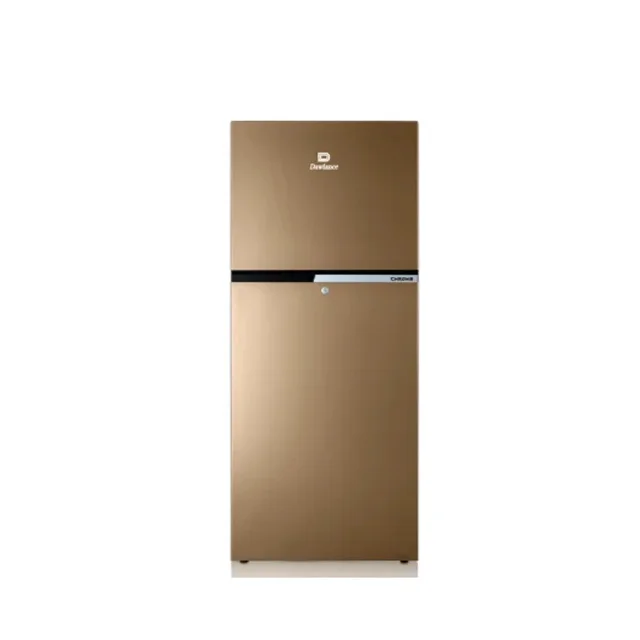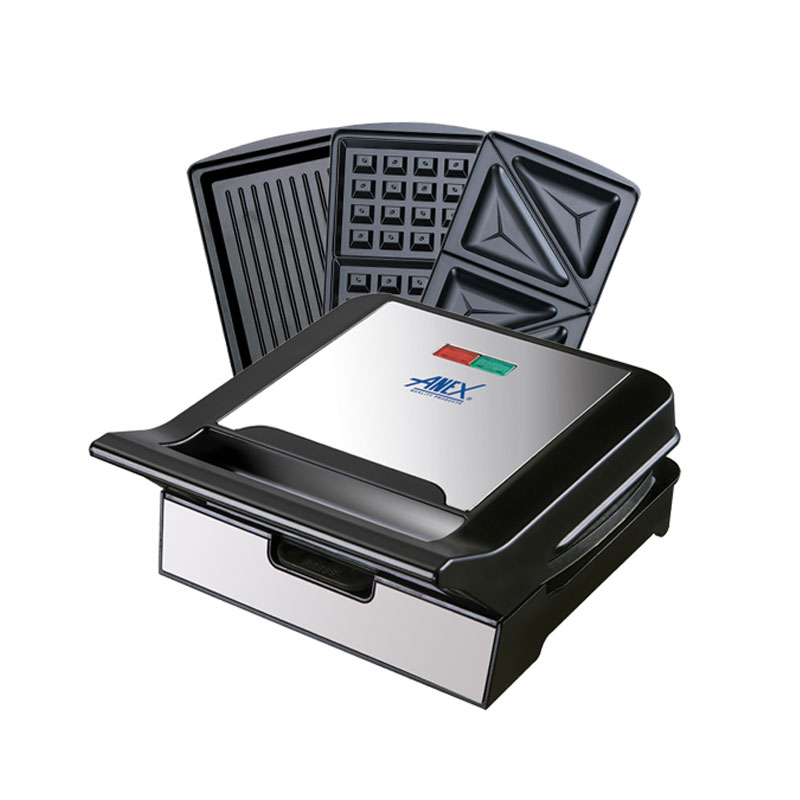Smart TVs vs. Traditional TVs: What’s the Real Difference?

Today in the fast-paced world we live in, television is not just for cable or DVDs anymore, but has made a massive impact in the lives of people-the choice between making a smart TV or traditional TV. Despite both using the same point of application, the features and capabilities are really different, so is the experience as user with either type of TV. This blog brings you the much-needed knowledge in understanding the real difference and choosing the best between the two types that suit your needs best.
What is a Traditional TV?
A Traditional TV is the basic type of television that has been around for decades. It doesn’t connect to the internet and relies on external devices or services for content. These TVs typically work with cable or satellite connections, DVD players, or USB drives.
Advantages of Traditional TVs
- Affordable: Traditional TVs are often much cheaper compared to Smart TVs.
- Simple to Use: They have straightforward controls, making them ideal for those who prefer simplicity.
- Reliable: Since they don’t require an internet connection or apps, there’s no need to worry about software issues or updates.
Disadvantages of Traditional TVs
- Limited Features: You can only watch cable TV, DVDs, or content from USBs.
- No Online Content: They don’t offer access to streaming platforms like Netflix or YouTube.
- No Smart Integration: They can’t connect to smart home devices or voice assistants.
What is a Smart TV?
A Smart TV is a modern television that combines traditional viewing with internet connectivity and smart features. It allows you to stream online content, access apps, and even control your TV with voice commands.
Advantages of Smart TVs
- Access to Streaming Services: Apps like Netflix, Hulu, Amazon Prime, and YouTube are built-in, offering endless entertainment options.
- Smart Features: Many Smart TVs come with features like voice control, web browsing, and even integration with smart home devices.
- Convenience: With everything available in one device, there’s no need for additional gadgets.
Disadvantages of Smart TVs
- Higher Cost: Smart TVs are more expensive compared to Traditional TVs.
- Internet Dependency: They require a stable internet connection for smooth performance.
- Potential for Updates: Like smartphones, Smart TVs may need software updates, which could be frustrating for some users.
Who Should Buy a Traditional TV?
Traditional TVs are perfect for people who:
- Have a tight budget.
- Don’t use streaming services or internet-based apps.
- Already own external devices like cable boxes or DVD players.
These TVs are great for those who value simplicity and reliability without any extra bells and whistles.
Who Should Buy a Smart TV?
A Smart TV is ideal for people who:
- Love streaming their favourite shows and movies on platforms like Netflix or Amazon Prime.
- Want a device that integrates with their smart home gadgets.
- Prefer having access to apps, games, and web browsing on their TV.
Smart TVs are a one-stop solution for entertainment and convenience.
Can a Traditional TV Become “Smart”?
Don’t go out and buy a whole new television when you already own a Traditional television and want all the amazing benefits that a Smart TV has. Just buy one of the many different kinds of devices available, from Google Chromecast to an Amazon Fire Stick or ROKU, which all turn your television into a Smart TV by connecting it with the internet and giving access to streaming apps and much more.
Final Words
Ultimately, a Smart TV or Traditional TV choice varies with the user needs, preferences, and budget. If you are all for streaming online content and want the modern age, meditation experience, then it is worth investing in a Smart TV. Simple-burst performance expects one to purchase a Traditional TV.


